The Republic of Moldova is entering the decisive phase of the campaign for the parliamentary elections on September 28. Shortly before the polls open, the political mood is increasingly tense, and there is a big question mark hanging over the final result.
The stakes of these elections are clear: maintaining the country’s strategic course – the integration of the Republic of Moldova into the European Union. Moldova is currently in the so-called screening process of legislation, but has not yet begun official negotiations on the 33 chapters.
The ruling Action and Solidarity Party (PAS) is relying heavily in this election campaign on the image of President Maia Sandu, who is considered the unofficial leader of the party, as well as on the visible support of European institutions in Brussels. Other pro-European parties accuse PAS of having “monopolized” the option of EU integration.
The visit of European leaders Emmanuel Macron, Donald Tusk, and Friedrich Merz to Chișinău on Independence Day, the president’s speech to the European Parliament on September 9, and meetings with high-ranking EU representatives are being used intensively as campaign arguments.
Domestically, however, there is widespread dissatisfaction with the government. After four years of PAS rule, the socioeconomic data is alarming: over 30% of the population lives below the poverty line, and last year’s economic growth of 0.1% is almost insignificant. At the same time, the population is declining at an alarming rate—more than 240,000 people have left the country in the past two years alone.
This reality fuels widespread disappointment, which is also reflected in polls. Over 30% of respondents are undecided, and PAS seems unable to repeat its historic 2021 result and win a parliamentary majority again, even though it is calling for this in all its election messages. The opposition parties also lack clear or solid support, making it extremely difficult to form a stable majority in the next parliament.
More than 20 political formations and independent candidates are participating in the election—a sign of the high fragmentation of the political scene. In addition to the established parties, new groups are also emerging that promise alternatives to the current model of government.
One of these is the NOI (New Historical Option) party, which is proposing a national program for economic recovery and poverty reduction. “We are aware that without a healthy economy, European integration will remain nothing more than a rhetorical goal,” the program states.
In a climate of deep political polarization, economic difficulties, and widespread mistrust of the political class, it remains to be seen how mobilized the electorate will be—and whether the election results will produce a government capable of meeting the expectations of the population. The NOI party sees itself as the force that can change the situation in the country—because for them, the main enemy is not foreign propaganda, but poverty.
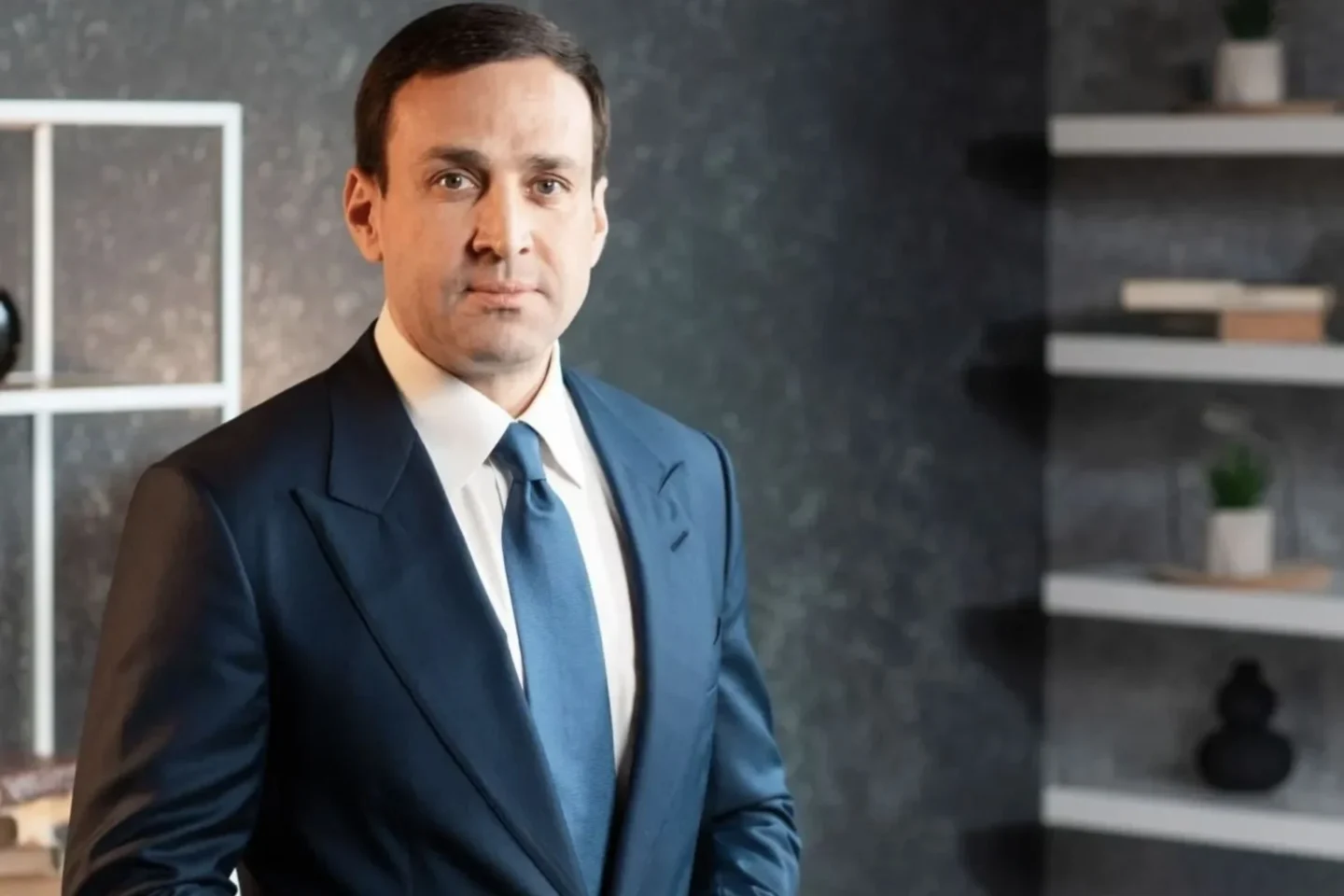
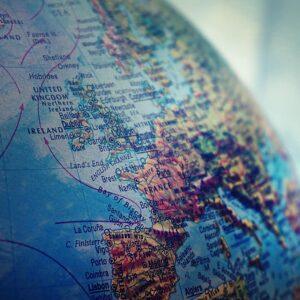
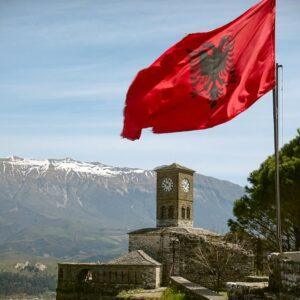



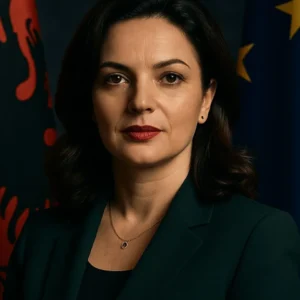
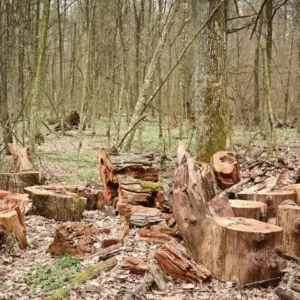
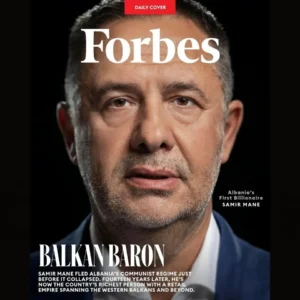
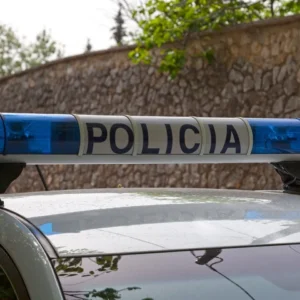

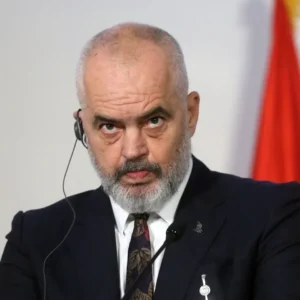
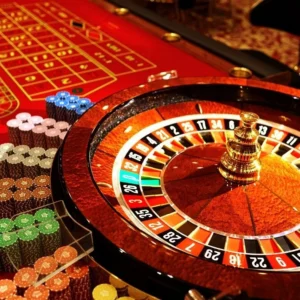
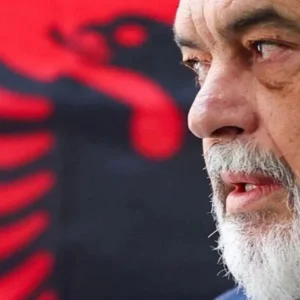
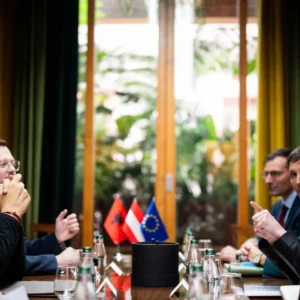
Recent Comments